Keywords: Marriage Equality
There are more than 24 results, only the first 24 are displayed here.
Become a subscriber for more search results.
-

RELIGION
- Michael McVeigh
- 18 November 2024
7 Comments
Religious persecution often fades from public view unless it fits a political agenda. Yet Christians worldwide continue to face existential threats, from systemic repression in China to deadly violence in Nigeria. It’s worth reflecting on the cost of indifference and what it means to advocate for justice beyond our culture wars.
READ MORE
-

AUSTRALIA
- Cherie Gilmour
- 18 October 2024
1 Comment
The ideological fissures within modern feminism demand examination. Raising a daughter gives me literal skin in the game, making this a deeply personal journey to understand what has changed and what remains true since the seemingly carefree days of #girlpower.
READ MORE 
-

ARTS AND CULTURE
- Cherie Gilmour
- 16 August 2024
The Lion King roared onto screens 30 years ago, capturing hearts unlike any Disney film since. But as the entertainment giant stumbles, it's worth considering the enduring magic of Simba's story and why modern Disney has struggled to recapture that spark.
READ MORE 
-
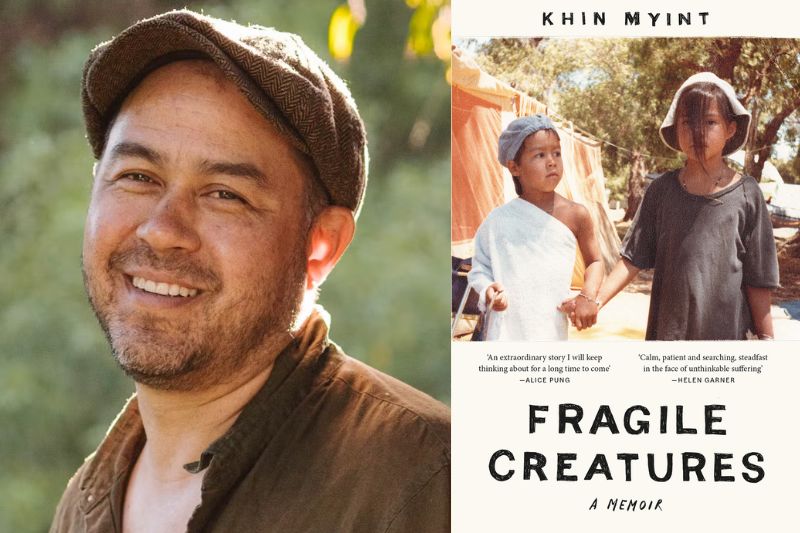
AUSTRALIA
- Andrew Hamilton
- 13 June 2024
5 Comments
The wonder of Khin Myint's Fragile Creature: A Memoir lies in his calm and magnanimous reflection on his experiences and in his attempt to understand those who treated him poorly. It also provides a lens for reflecting on the dynamic at work in public debates that touch identity.
READ MORE
-
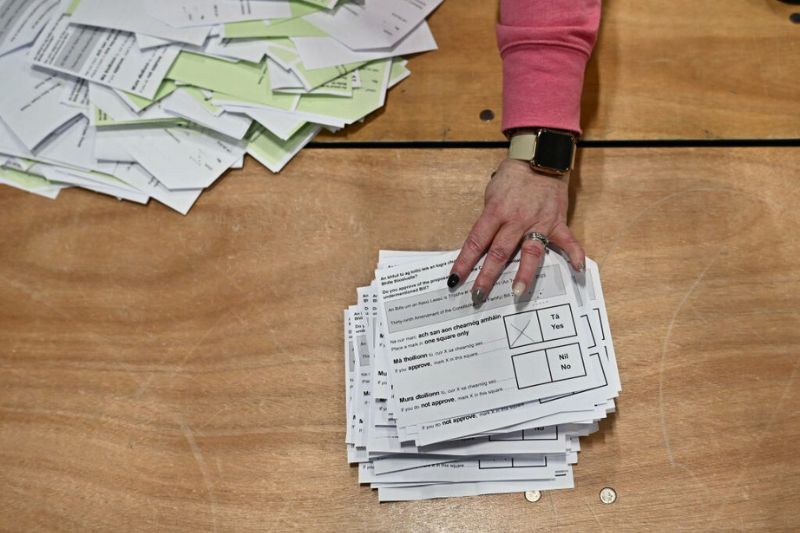
INTERNATIONAL
- Andrew Hamilton
- 21 March 2024
3 Comments
Much like Australia's recent Indigenous Voice Referendum, the recent Irish referendum sought to change constitutional perspectives on family and marriage met with overwhelming defeat. What does this reveal about the relationship between public sentiment and the process of enacting constitutional changes?
READ MORE
-
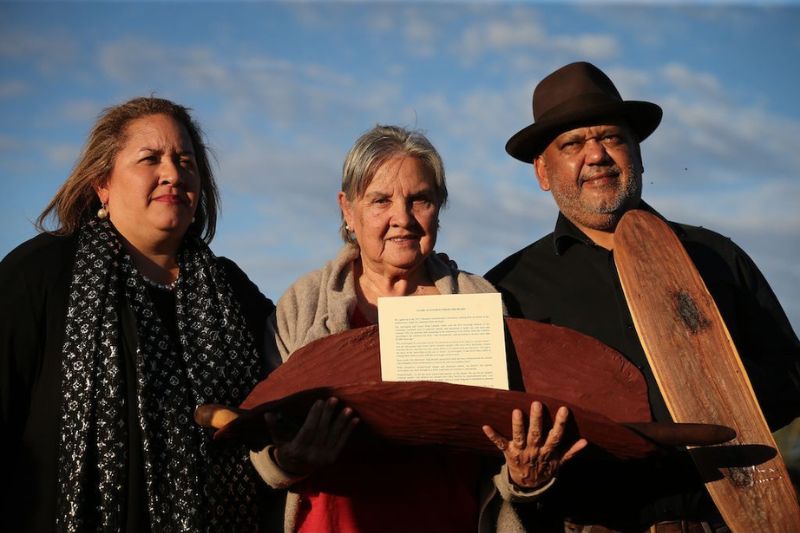
AUSTRALIA
- Frank Brennan
- 07 February 2024
12 Comments
The referendum result was a disaster for the country and a tragedy for First Australians and there has been little appetite for public discussion about lessons to be learnt from this abject failure. If we are to move forward, it’s time to begin the conversation about past mistakes.
READ MORE
-
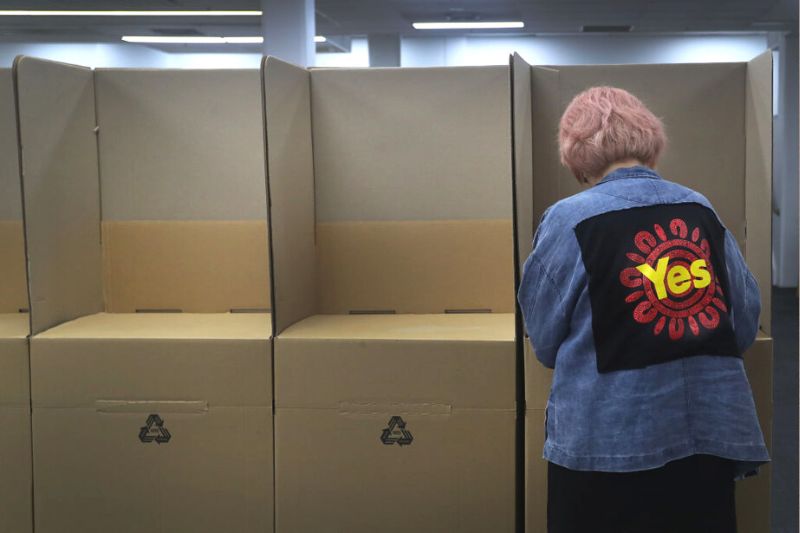
AUSTRALIA
- Joel Hodge
- 04 January 2024
The Australian Indigenous Voice referendum has been rejected, as anticipated by many, with the meaning and consequences now up for debate. This debate may be as crucial as the referendum debate itself to determining the future of reconciliation and what it means to be Australian in the 21st century.
READ MORE
-

AUSTRALIA
- Joel Hodge
- 19 October 2023
44 Comments
The Australian Indigenous Voice referendum has been rejected, as anticipated by many, with the meaning and consequences now up for debate. This debate may be as crucial as the referendum debate itself to determining the future of reconciliation and what it means to be Australian in the 21st century.
READ MORE
-
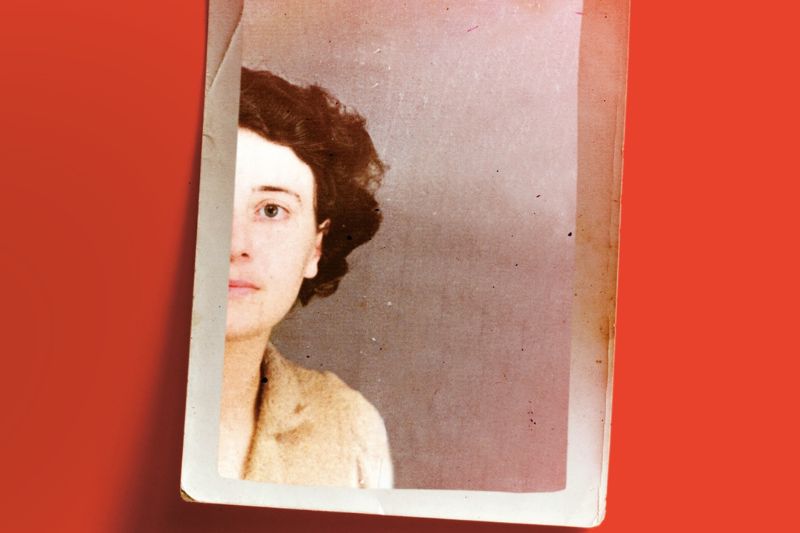
ARTS AND CULTURE
- Bill Uren
- 26 September 2023
16 Comments
Why has Orwell's wife, Eileen O’Shaughnessy, been strikingly omitted from his many biographies? As Anna Funder's Wifedom delves into this oversight, we're prompted to question: have we truly moved beyond the casual patriarchy?
READ MORE
-
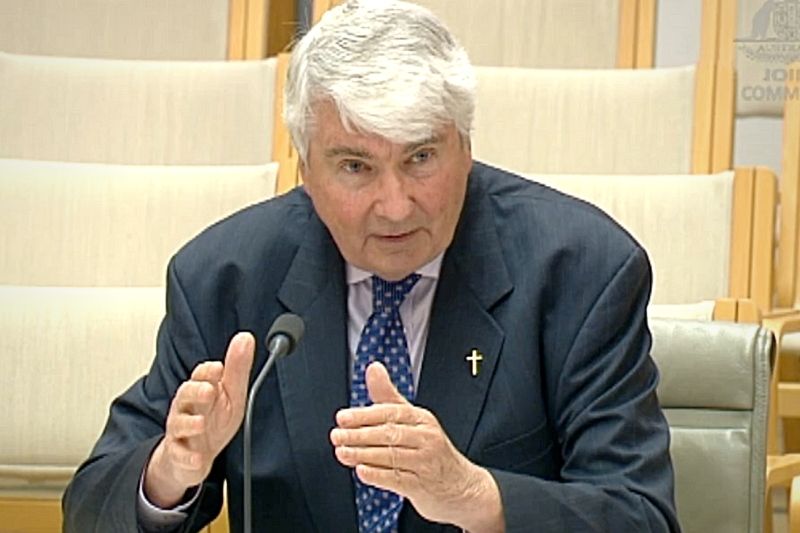
AUSTRALIA
- John Warhurst
- 04 May 2023
20 Comments
Frank Brennan's book An Indigenous Voice to Parliament: Considering a constitutional bridge is an urgent contribution to this important national debate around the shaping of the Voice and the referendum question. It is a book concerned with what’s likely to be successful rather than a manual on how to vote.
READ MORE
-

AUSTRALIA
- John Warhurst
- 31 March 2023
2 Comments
This life story of Tanya Plibersek, as told with great sensitivity and empathy by Margaret Simons, is a valuable reflection upon the engagement of a progressive modern woman with two of the great institutions in Australian history: the Labor Party and the Catholic Church.
READ MORE 
-
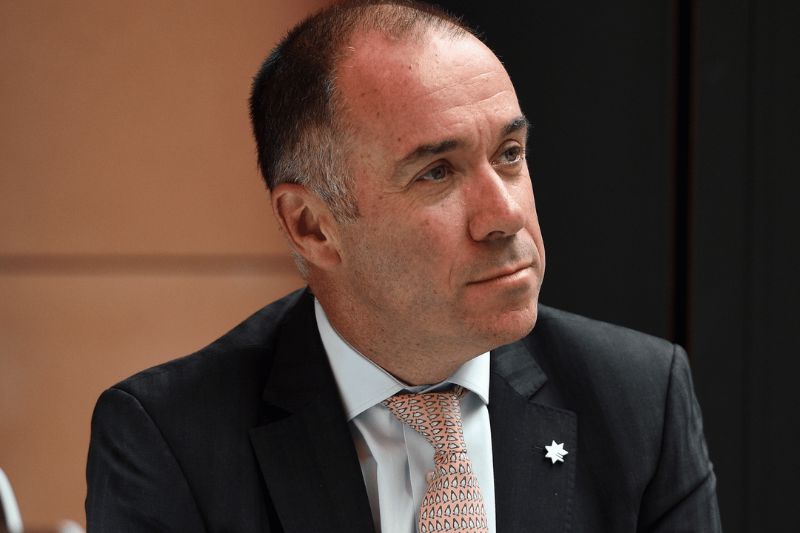
AUSTRALIA
- Chris Middleton
- 12 January 2023
It is highly doubtful that the Essendon Football Club appreciated the reaction that would occur when it presented its new CEO, Andrew Thorburn, with the option of giving up his role as a lay leader in the City on a Hill Anglican Church or resigning from his role with the Club. Even if many were uneasy about how the issue was caught up in the culture wars, it caused widespread concerns amongst people of faith.
READ MORE